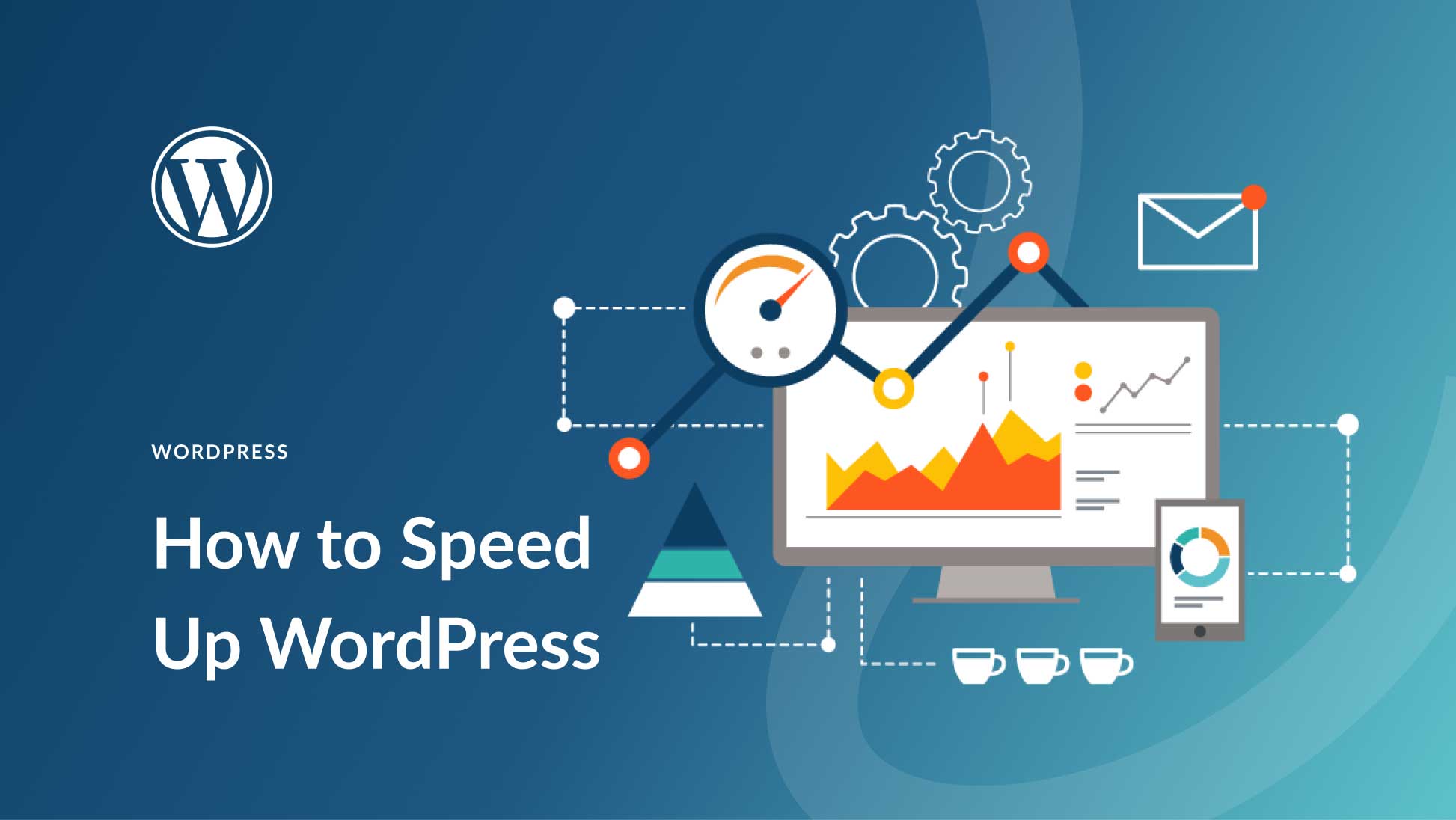How to Speed Up Any WordPress Website
WordPress is an incredibly popular platform for building websites, but one common issue that many site owners face is slow loading times. A slow website can not only frustrate your visitors but also hurt your search engine rankings. In this article, we will discuss some effective strategies to help you speed up your WordPress website.
1. Choose a Good Hosting Provider
One of the first things you can do to speed up your WordPress website is to choose a good hosting provider. Look for a hosting company that offers fast and reliable servers, as well as excellent customer support. A good hosting provider can make a world of difference in your website’s speed.
2. Optimize Your Images
Large images can significantly slow down your website. Make sure to optimize your images by compressing them without compromising quality. You can use tools like Photoshop or online services like TinyPNG to reduce the file size of your images.
3. Use a Content Delivery Network (CDN)
A Content Delivery Network (CDN) can help speed up your website by distributing your content across multiple servers around the world. This reduces the distance between your website visitors and your server, resulting in faster loading times. Popular CDN providers include Cloudflare and MaxCDN.
4. Minify CSS and JavaScript Files
Minifying your CSS and JavaScript files can help reduce the file size of your website, making it faster to load. There are several plugins available, such as WP Rocket and Autoptimize, that can help you easily minify and combine your website’s CSS and JavaScript files.
5. Enable Caching
Caching can significantly improve your website’s speed by storing static files, such as HTML, CSS, and JavaScript, on your visitor’s browser. This means that when a visitor returns to your website, the static files are already loaded, resulting in faster load times. Popular caching plugins include W3 Total Cache and WP Super Cache.
6. Reduce Server Requests
Each time a user visits your website, their browser sends a request to your server to load the webpage. The more requests your server has to handle, the slower your website will be. To reduce server requests, consider combining CSS and JavaScript files, as well as reducing the number of external scripts and plugins on your website.
7. Regularly Update Your WordPress Website
Keeping your WordPress website up to date is crucial for security and performance reasons. Regularly updating WordPress core, themes, and plugins can help improve your website’s speed and ensure that it runs smoothly. Make sure to check for updates regularly and apply them as soon as they are available.
8. Monitor Your Website’s Performance
Lastly, it’s essential to monitor your website’s performance to identify any bottlenecks and areas for improvement. Tools like Google PageSpeed Insights and GTmetrix can help you analyze your website’s speed and provide recommendations for optimization. Regularly monitoring your website’s performance will help you maintain a fast and efficient website.
By following these strategies, you can significantly improve the speed of your WordPress website and provide a better user experience for your visitors. Remember, a fast website not only benefits your visitors but also your search engine rankings. Implement these tips today and see the difference in your website’s speed!
